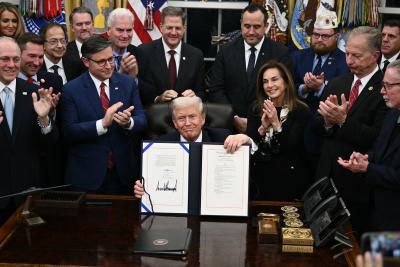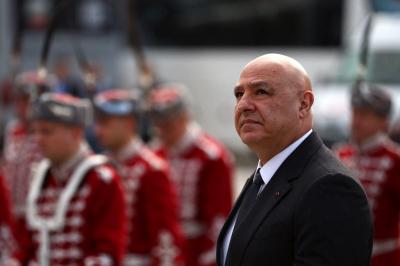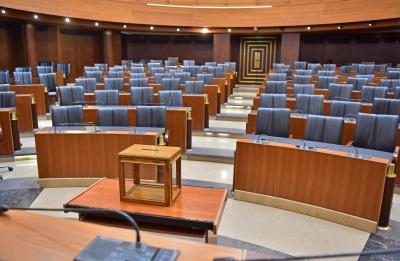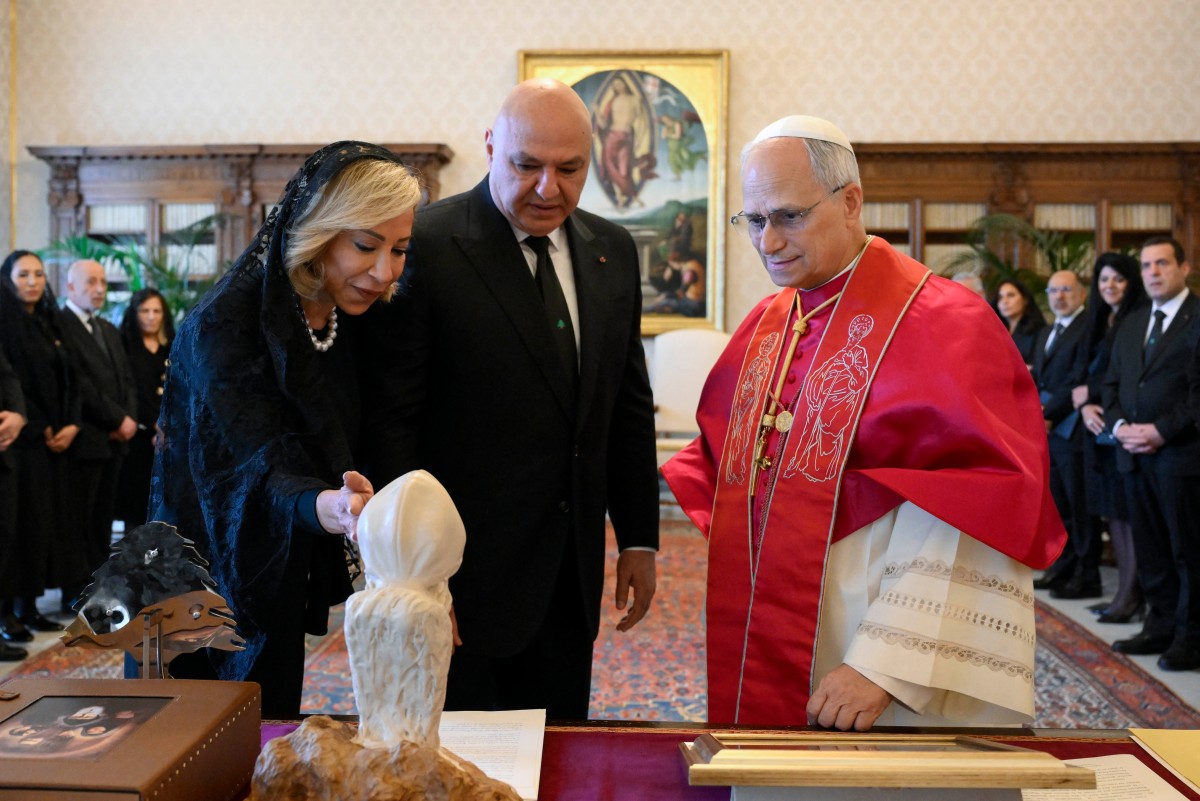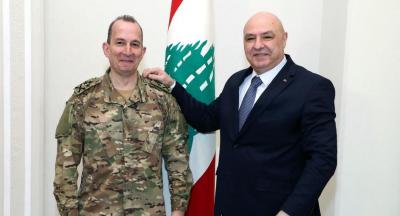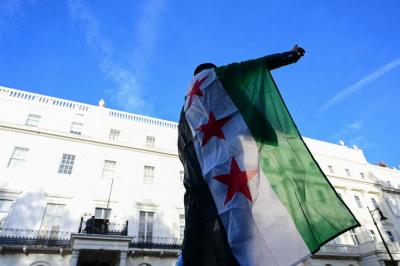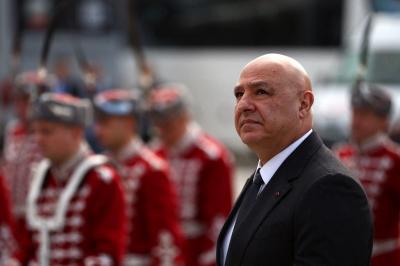Amid the political tremors shaking the fragile soil of the Middle East, and the endless struggles of ideology, politics, and religion that scar the region, Lebanon is preparing to host a historic guest. This comes after the international recognition of the State of Palestine and in the shadow of Israel’s arrogance—manifested in wars waged against Gaza, Lebanon, Tunisia, Yemen, Iraq, and even Qatar.
A year has passed since the formation of a new government in Lebanon, one still struggling to assert itself. Meanwhile, comments by U.S. envoy Tom Barrack—viewed by many as a green light for Israel to renew its war on Lebanon—have stirred fears. He criticized the Lebanese government’s reluctance to implement its plan to monopolize weapons under state control. Add to this the renewed talk of the collapse of the Sykes-Picot Agreement and calls to redraw the entire regional map, and the moment appears nothing short of perilous.
In this fraught atmosphere, Pope Leo XIV has chosen Lebanon for his first trip abroad since his election on May 8. His three-day visit, from November 30 to December 2, is part of a broader tour that also includes Turkey to mark the 1700th anniversary of the Council of Nicaea in 325, which gave birth to the Nicene Creed and defined Christian orthodoxy against Arian heresy. For many Lebanese, the papal journey is more than a protocol—it is a glimmer of hope.
A History of Papal Footsteps
This will not be the first papal presence on Lebanese soil. In March 1964, Pope Paul VI stopped at Beirut airport for less than an hour during a trip to India, issuing a message of peace and voicing his wish for Lebanon’s safety. In May 1997, Pope John Paul II delivered the apostolic exhortation “A New Hope for Lebanon,” calling the country “more than a nation, a message of freedom and coexistence between Muslims and Christians.” In September 2012, Pope Benedict XVI signed another apostolic exhortation, this time for the Church in the Middle East. Pope Francis was scheduled to visit in October 2022, but the trip was canceled due to protocol mishaps and political obstacles.
Which Lebanon Will the Pope Visit?
The question now is: what kind of Lebanon will Pope Leo XIV encounter? Will it be Lebanon bound by deep ties with the Vatican since 1920, and with the Maronite Church in particular, whose patriarchs require papal confirmation for their spiritual authority? Will it be Lebanon, which has long prided itself on being a beacon of peace and coexistence between Christians and Muslims, a cultural and religious bridge in the East, a laboratory of diversity?
That Lebanon’s very identity is at risk. Rapid transformations sweeping the region could reopen the Sykes-Picot file, reshaping states, borders, and even demographics. Some politicians warn that Lebanon could be forced onto the chopping block, reviving the old saying: “Lebanon is too big to be swallowed, too small to be divided.” Others insist the country’s existence is non-negotiable: “If there must be change, let it be elsewhere—not in Lebanon. For all their divisions, the Lebanese remain united in clinging to their country as their final homeland.”
Clouds on the Horizon
Skeptics dismiss these fears, but Israel’s conduct tells another story. Many believe it seeks dominance over the entire Middle East, aiming to eliminate all resistance with U.S. backing. Syria’s collapse after the fall of the Assad regime has only heightened Lebanon’s vulnerability. Israel’s military strikes—extending even to Qatar—underscore its unchecked aggression. Qatar’s emir has warned of Israeli attempts to provoke civil war in Lebanon as a prelude to partition.
Tom Barrack’s words added to the unease. He declared that Israel would not withdraw from occupied positions in southern Lebanon, accused Hezbollah and Iran of being sworn enemies, and placed responsibility for disarming Hezbollah squarely on the Lebanese government—despite its fears of igniting civil war. Prime Minister Nawaf Salam publicly brushed aside the remarks, while President Joseph Aoun sought clarification from U.S. Secretary of State Marco Rubio in New York. Yet for ordinary Lebanese, such rhetoric revives their deepest anxieties.
Just days ago, Israeli bombardments killed a father from the Sharara family and three of his children in Bint Jbeil. His wife remains in intensive care, their surviving daughter fighting for her life. Even ongoing UN-mediated meetings in Naqoura to maintain the ceasefire have not halted the violence.
Between Hope and Fear
The clock is ticking. Lebanon has reportedly been given until the end of this year—or early next year—to enforce its weapons monopoly plan, or Israel may take matters into its own hands. Against this backdrop, many Lebanese are pinning their hopes on Pope Leo XIV’s arrival.
One elderly man, who has witnessed all three previous papal visits, summed up both hope and dread. Asked about the upcoming visit, he quipped: “Let’s pray His Holiness is not coming for the last rites of the Lebanon we know.”
Please post your comments on:
[email protected]
 Politics
Politics


